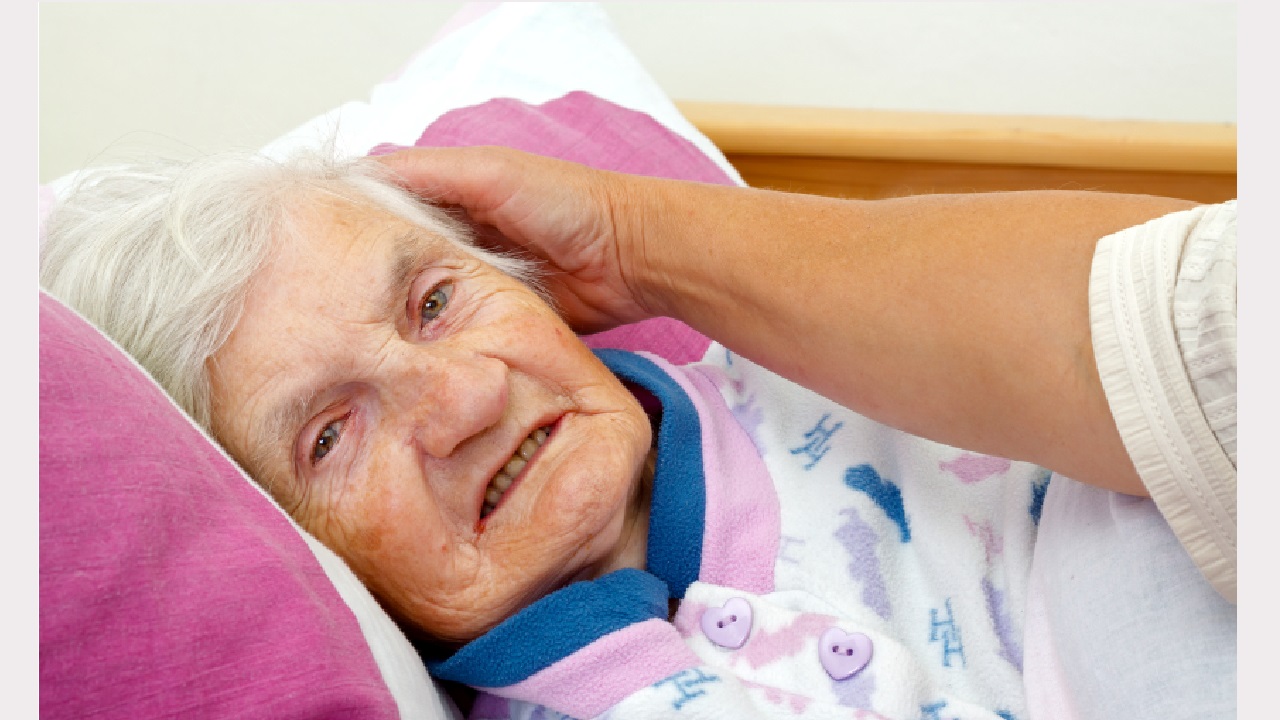Palliative care expert to advise new Severe Behaviour Response Teams
Palliative care expert to advise new Severe Behaviour Response Teams
by Heather Wiseman
Thursday, October 22, 2015
A leading palliative care expert will be among the key advisors to new Severe Behaviour Response Teams (SBRTs), designed to assist with symptom management in aged care residents with dementia who exhibit severe behaviour.
HammondCare has been selected to establish and operate the $54.5 million program nationally from November, with the aim of minimising unnecessary transfers to a higher security or acute facility.
SBRTs will have mobile teams of clinical experts able to provide advice and assessment to residential aged care providers within four hours of a request for assistance. The service will operate seven days a week.
Following an initial assessment, the SBRTs will either follow up with a face-to-face or tele-health consultation to assess the causes of the resident’s behaviours and advise care staff of how to resolve the immediate crisis and develop longer term care plans.
HammondCare Dementia Centre director Associate Professor Colm Cunningham said that HammondCare professor in palliative care, Professor Roderick MacLeod, would be one of the first experts the SBRT program would call on for advice and assistance.
Professor Cunningham said he expected more than 60% of people with dementia referred to SBRTs would have pain that had been overlooked.
“Palliative care professionals understand pain management a lot better than many,” he said.
“Palliative care has a lot to teach us in that area.”
Announcing the SBRTs today, Minister for Health and Aged care, Sussan Ley said: “Like all of us, aged care residents are most comfortable in a familiar environment and this program will provide that helping hand to better manage people in their current community who exhibit severe behaviour because of their dementia.
“This initiative will provide additional support in a crisis situation to residents, who may be hitting out at people around them, and manage their behaviour so they can remain in their familiar aged care home.”
Once SBRTs are implemented, they will be integrated with existing Dementia Behaviour Management Advisory Services (DBMAS).
Palliative aged care nurse practitioner at Clare Holland House in Canberra, Nikki Johnston, told ehospice that DBMAS served as “very good patient advocates” and referred patients needing specialist palliative care services.
“We work really well together to promote better outcomes for people with dementia,” she said.
She was unsure of what benefit the new SBRTs would bring.
“We already have teams to assess behaviour,” she said.
“We need more carers and all staff in residential care need to be paid more. We need more people employed to be with the residents 24 seven.”
